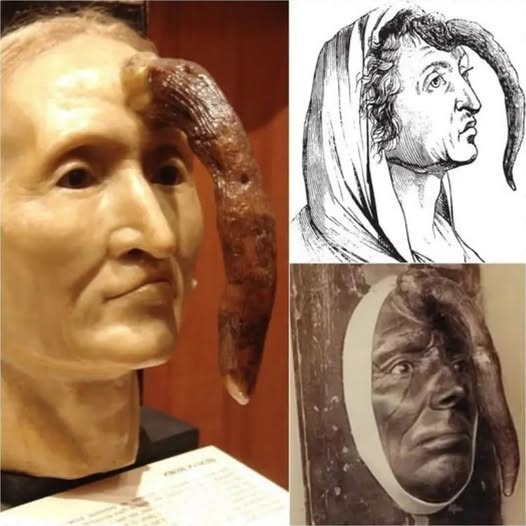Ancient Tech Shock: Did Computers Exist Thousands of Years Ago?

Imagine a world where technology didn’t begin in the 20th century—but thousands of years earlier. Recent studies and mysterious artifacts suggest that advanced computational devices may have existed in ancient civilizations, challenging everything we thought we knew about history. This provocative idea has ignited debates among historians, archaeologists, and technologists alike, as they grapple with the implications of such groundbreaking discoveries.

Take, for instance, the Antikythera Device, an ancient Greek mechanism often referred to as the world’s first analog computer. Discovered in a shipwreck off the coast of Antikythera, this intricate device was designed to predict astronomical positions and eclipses for calendrical and astrological purposes. Its complexity, featuring a series of gears and sophisticated engineering, hints at a level of technological prowess previously unrecognized for that era. What if this was merely the tip of the iceberg?
In addition to the Antikythera Device, researchers have unearthed enigmatic carvings and texts across various ancient cultures, each hinting at a mathematical precision far beyond their time. Artifacts from Mesopotamia, Egypt, and the Indus Valley contain symbols and calculations that suggest an understanding of mathematics and engineering that could rival modern methodologies. Were these early civilizations utilizing “ancient computers” for purposes we can only speculate about—such as navigation, agricultural planning, or even predicting significant events?

Skeptics of this theory remain cautious, arguing that while these artifacts showcase impressive ingenuity, they do not constitute computers in the modern sense. However, the clues are undeniable: a fusion of science, mystery, and archaeology points to a past far more sophisticated than we ever imagined. Each new discovery continues to peel back the layers of history, revealing a narrative that challenges the linear progression of technological advancement.
If proven true, these findings could revolutionize our understanding of human ingenuity and the secrets of ancient history. They compel us to reconsider the capabilities of our ancestors, prompting questions about lost knowledge and forgotten technologies. Were ancient civilizations simply waiting to be rediscovered in the annals of time?
As we delve deeper into the past, the prospect of ancient technology forces us to confront our assumptions about human development. The idea that our technological journey may have roots stretching back thousands of years invites a more nuanced view of history—one where innovation and discovery were not confined to modern eras but flourished in the shadows of antiquity. As researchers continue to investigate, the possibility of uncovering the true extent of ancient technological prowess looms larger than ever.
🎥 Watch more:











